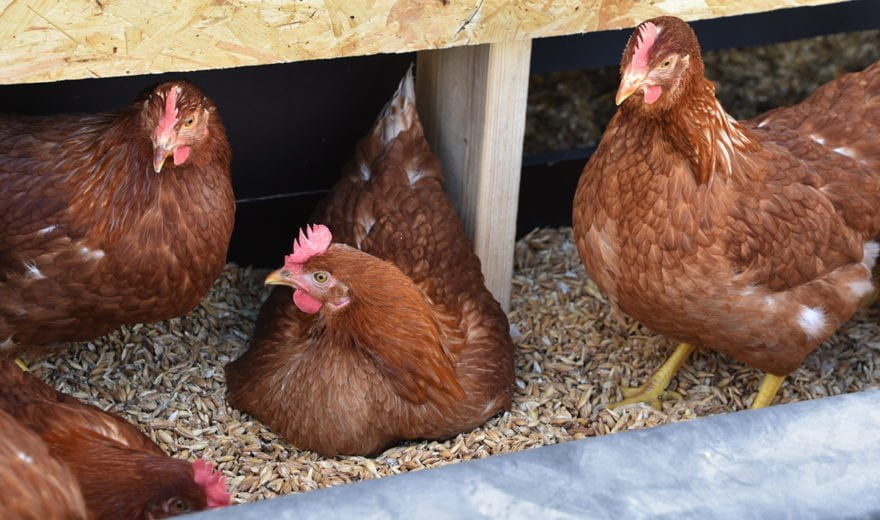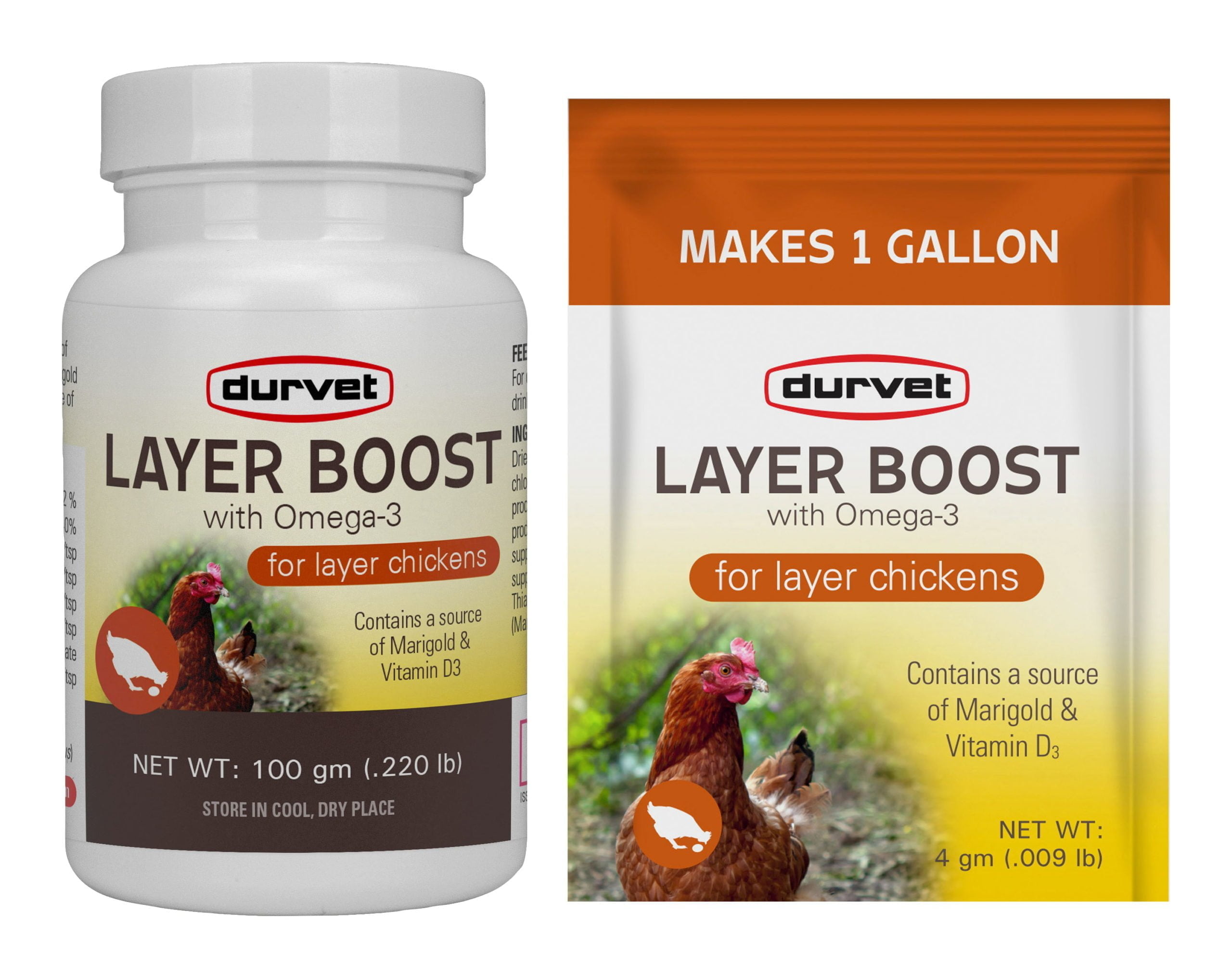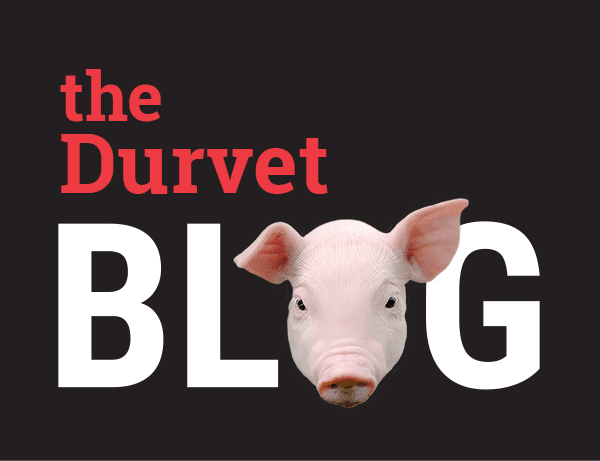
In order to keep your flock healthy and productive, chickens need proper nutrition, fresh and clean water, a well-ventilated coop and protection against harmful predators. A variety of problems can arise with laying hens, usually due to disease or stress.
Daylight
Fewer light hours in the day is one of the most common causes of decreased egg production. Hens need a minimum of 16 hours of daylight to remain productive and keep their hormones in balance. Without enough light, hens may naturally stop laying. Light can be provided naturally, artificially or a combination of both.
Broody Hens
A broody hen is a hen who wants her eggs to hatch. She will sit on her eggs (fertilized or unfertilized) all day long, only leaving to eat, drink or relieve herself. She may also become very territorial over the nest, and might even try to bite you if you move her. Broody hens are great if you want chicks, but if you don't, they are problematic. Your broody hen will stop laying, and she can even cause other hens to turn broody, greatly decreasing egg production.
Molting
Every year, shorter days and cooler temperatures trigger an automatic response in chickens to begin molting. Molting is the process of shedding old feathers and re-growing them. During this time, chickens usually stop laying eggs due to stress. Depending on the breed of chicken, this process can last weeks to months.
Pecking
Chickens have a social hierarchy referred to as the pecking order. Feather pecking occurs when one bird pecks or pulls at the feathers of another bird. Chickens naturally develop a pecking order, where the bigger, stronger and more aggressive chickens bully their way to the top of the flock. A change in the pecking order can cause more stress, therefore decreasing egg production.
Egg Bound Hens
'Egg bound' means your hen has an egg stuck somewhere in her oviduct. Although not common, it is an emergency and can be life threatening to the chicken. The telltale sign of an egg bound hen are tail pumping and waddling. If you suspect your chicken has this problem, you should contact a veterinarian to have the egg removed.

 BACK TO MAIN BLOG
BACK TO MAIN BLOG 

Comment